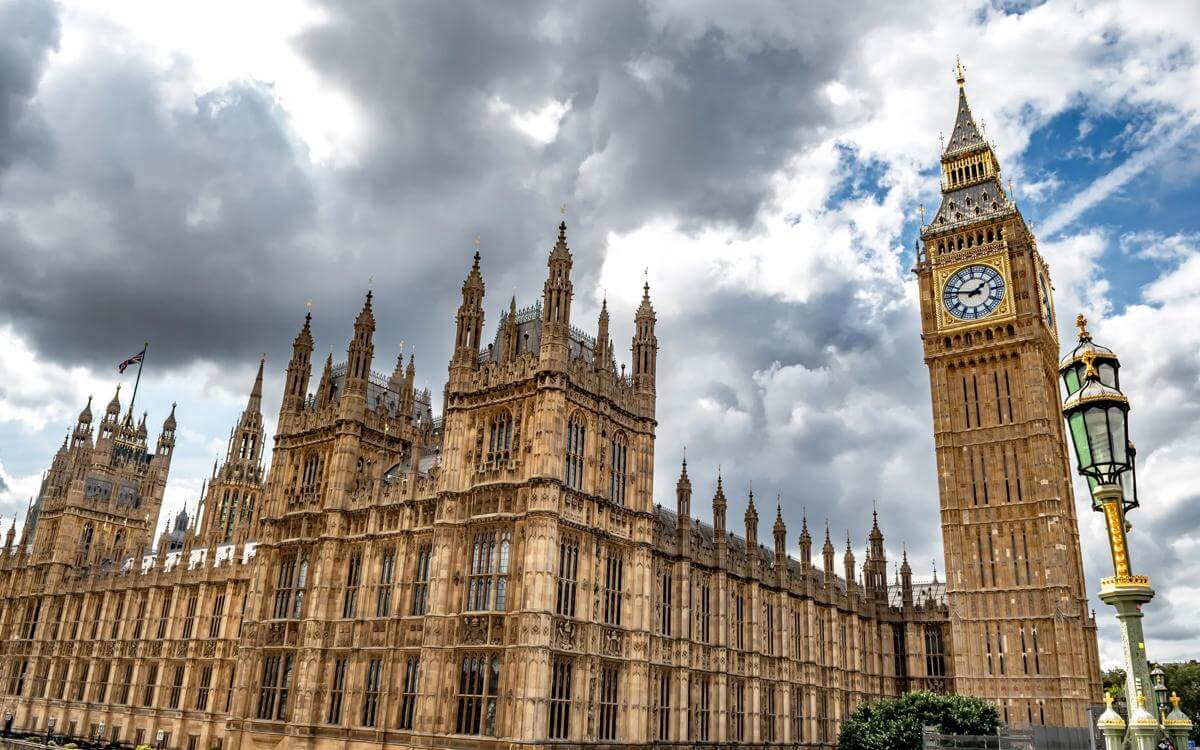Staying warm at work
In a stark contrast to our article relating to hot weather as recently as August, and whilst the weather conditions are predicted to be “warming up” next week, the HSE are reminding employers of their responsibilities to keep their employees safe as cold weather continues to affect many parts of the country.
Temperatures in indoor workplaces are covered by the Workplace (Health, Safety and Welfare) Regulations 1992. These regulations place a legal obligation on employers to provide a “reasonable” temperature in the workplace.
The temperature inside the workplace should provide reasonable comfort without the need for special clothing. Where reasonable comfort cannot be achieved because of hot or cold processes, all reasonable steps should be taken to achieve a temperature which is as close as possible to comfortable.
The HSE’s Approved Code of Practice is a useful guidance tool for employers, it suggests the minimum temperature should normally be at least 16 degrees Celsius. If the work involves rigorous physical effort, the temperature should be at least 13 degrees Celsius.
This acts as a reminder that the HSE expects employers to take extreme weather, as a prompt to future proof risks of harm from heat/extreme heat and cold/extreme cold, in the workplace. This not only keeps workers safe but is said to maintain productivity and morale of staff. The frequency of advice from the HSE recently, in relation to weather, is suggestive that climate change may be an aspect employers should factor into their workplace risk assessments going forward.
In the meantime, as the country experiences sub-zero temperatures, whilst short term measures such as heaters etc can be used to warm an office environment, employers should be reminded that they should not use heating (or cooling) methods which result in the escape of fumes, gas, or vapours which are likely to injure or be harmful to any person.









































